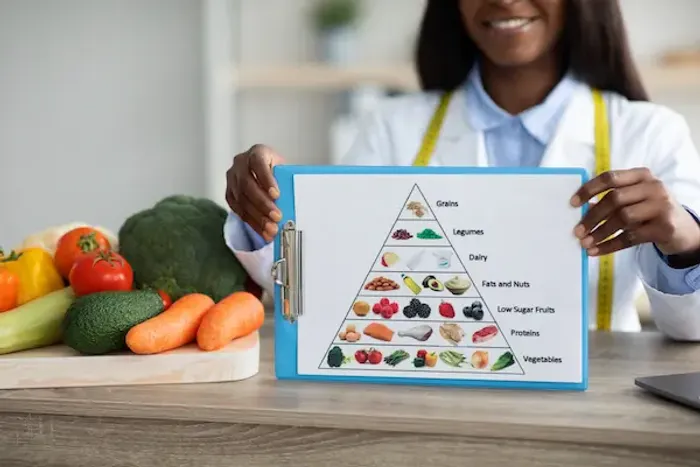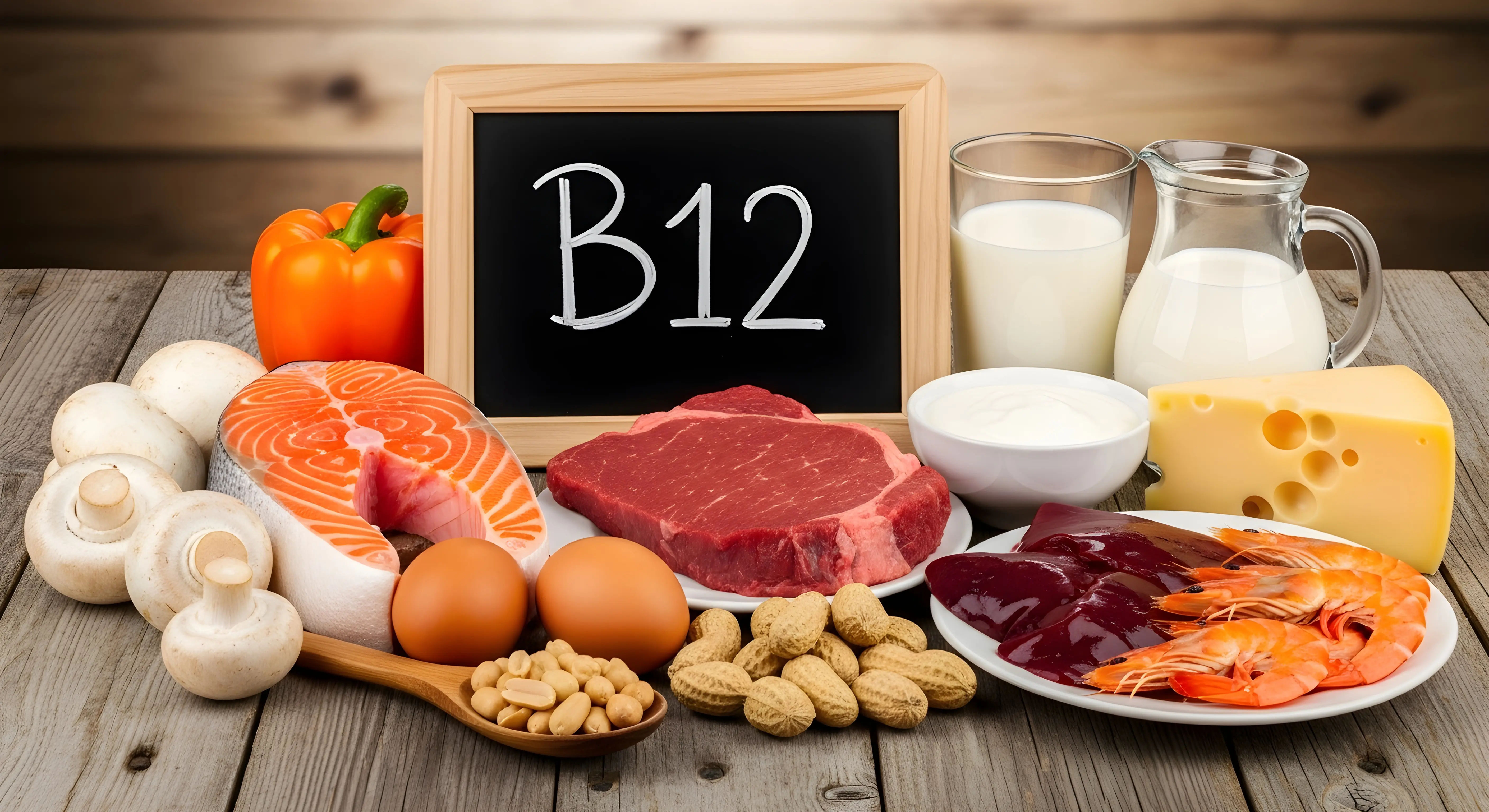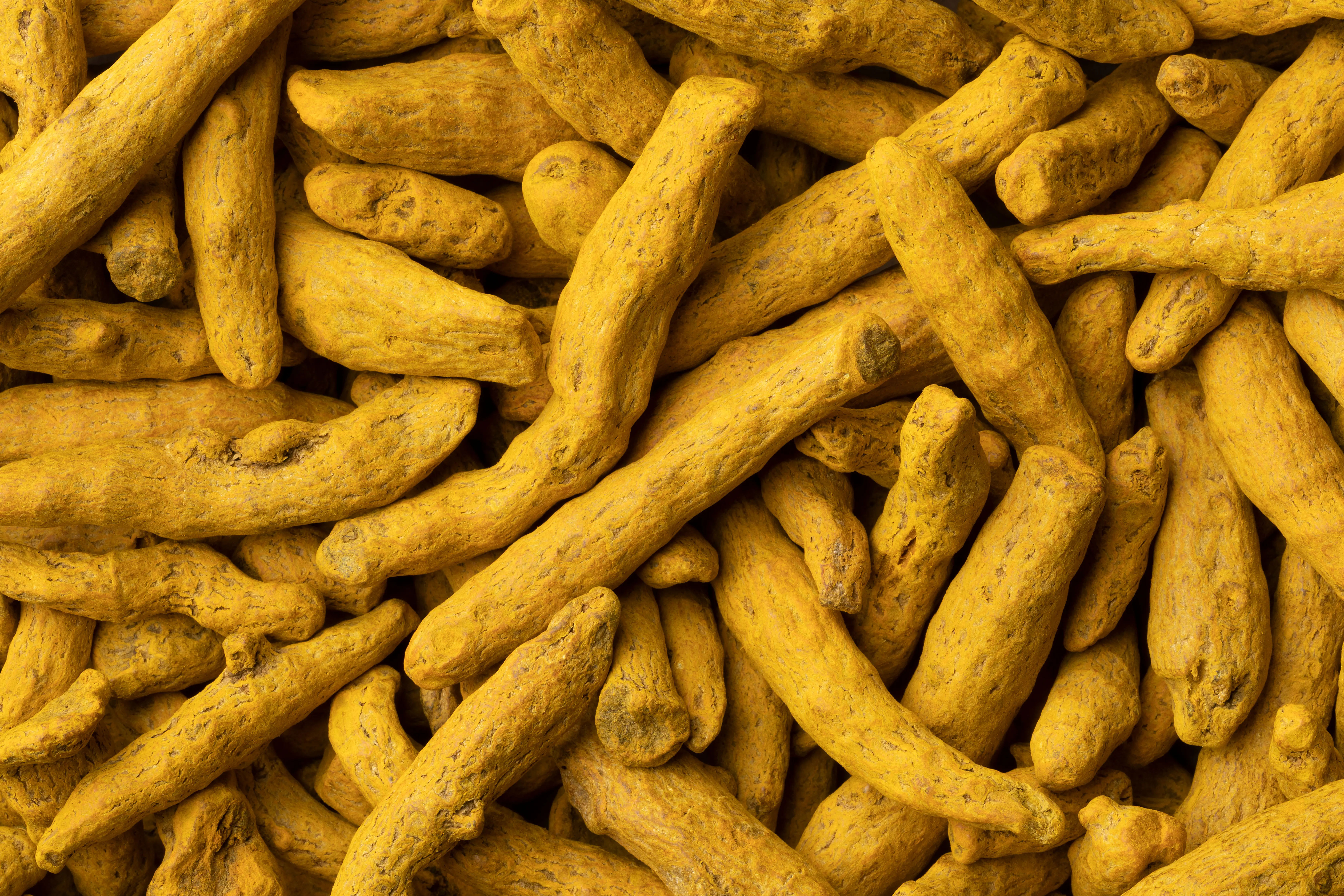Guide to Eat Right Monsoon
Stay healthy this monsoon with a smart diet plan. Learn which foods to eat, avoid, and how to boost immunity while keeping digestion strong during the rainy season.

Written by Dr. Rohinipriyanka Pondugula
Reviewed by Dr. M L Ezhilarasan MBBS
Last updated on 13th Jan, 2026

Introduction
The pitter-patter of rain brings relief from the scorching summer heat, but it also ushers in a season of heightened health concerns. Our bodies become more susceptible to infections, and our digestive systems often turn sluggish. This makes knowing how to eat right during the monsoon not just a choice, but a necessity for staying healthy. This comprehensive guide moves beyond simple "eat this, not that" lists to explain the why behind monsoon dietary changes and provides a practical framework for nourishing your body through the rainy months. We'll explore the best foods to boost your immunity, crucial safety practices to avoid illnesses, and how to create a balanced monsoon diet that keeps you energised and vibrant.
Why Your Monsoon Diet Needs a Change
The monsoon season creates a unique set of environmental conditions that directly impact our physiology. Understanding this is the first step to eating smarter.
The Impact of Humidity on Digestion
High humidity levels during monsoon slow down our digestive process, a concept deeply emphasised in Ayurveda as a weakening of the digestive fire, or "Agni." This can lead to bloating, indigestion, and acidity. Eating heavy, oily, or complex meals puts an additional strain on this already compromised system. Therefore, the key to a healthy Indian diet for the rainy season is to focus on light, easy-to-digest foods.
Increased Risk of Water and Food-Borne Diseases
Damp conditions are a breeding ground for bacteria, viruses, and fungi. Contamination of water sources and raw food is significantly higher. Diseases like gastroenteritis, typhoid, hepatitis A, and common flu are rampant. A strategic monsoon diet acts as a first line of defence by minimising exposure to potential contaminants and including ingredients that naturally bolster immunity.
Consult a Dietitian or Nutritionist for the best advice
The Monsoon Food Pyramid: What to Embrace (H2)
Instead of focusing on restrictions, let’s build your plate with monsoon-friendly power foods.
Power of Probiotics: Curd and Yoghurt
Probiotics are beneficial bacteria that support gut health, which is intrinsically linked to overall immunity. Including a serving of fresh, homemade curd or yoghurt in your daily monsoon diet can help maintain a healthy gut flora, aiding digestion and fighting off harmful pathogens. Opt for plain curd over flavoured varieties to avoid excess sugar.
Seasonal Superfruits: Jamun, Cherries, and Pears
Nature provides the perfect remedies for the season. Jamun (Indian blackberry) is a monsoon superstar, known for its
blood-purifying properties and ability to manage blood sugar levels. Cherries and pears are other excellent fruits for the rainy season as they are light, easy to digest, and rich in antioxidants. Always wash fruits thoroughly and prefer ones you can peel.
Hydration Heroes: Warm Herbal Teas and Soups
While you may feel less thirsty, staying hydrated is crucial. However, cold water can further dampen digestion. Instead, sip on warm beverages. Ginger tea, turmeric tea, or a simple peppermint infusion can work wonders. They aid digestion, have anti-inflammatory properties, and keep you warm. Similarly, homemade vegetable soups are a fantastic way to hydrate and nourish the body with essential vitamins and minerals. This is a core practice for how to boost immunity in the monsoon.
Monsoon Food Safety: A Non-Negotiable Practice
What you eat is important, but how you prepare it is paramount during the rains.
The Golden Rule: Wash, Peel, and Cook Thoroughly
This cannot be stressed enough. All raw vegetables and fruits must be washed in clean, preferably potable water. Soaking them in a light saltwater or vinegar solution can help remove surface contaminants. Where possible, peel the skin off. Cooking vegetables thoroughly kills most microbes, making them safe for consumption. These monsoon food safety tips are your best defence against stomach infections.
Safe Water Practices for Drinking and Cooking
Ensure the water you drink and use for cooking is purified, either through boiling, filtration, or RO systems. Carry your own water when stepping out to avoid consuming untreated water. Apollo24|7 offers convenient home collection services for tests like water purity if you have concerns about your source, ensuring your family's safety starts from the basics.
Foods to Be Cautious About During Rainy Season
While moderation is key, some foods carry a higher risk during monsoon.
Why You Should Avoid Street Food
The temptation of a hot pakora on a rainy evening is undeniable. However, street food is often prepared and stored in unhygienic conditions, with water of questionable quality. The risk of contamination is extremely high. It’s the safest bet to enjoy these treats made hygienically at home.
The Truth About Seafood and Leafy Greens
Seafood can spoil quickly in the humid weather, and water pollution increases the risk of contaminated fish. It's advisable to consume it sparingly and only from trusted sources. Leafy greens like spinach and cabbage, due to their intricate surfaces, can harbour dirt, insects, and larvae that are difficult to wash off completely. If you must have them, ensure they are cleaned meticulously and cooked well.
Building Your 7-Day Monsoon Meal Plan
Here’s a practical sample framework to eat right during the monsoon week.
Sample Breakfast, Lunch, and Dinner Ideas
Here are some simple and healthy meal ideas to keep your diet balanced and nutritious:
- Breakfast: Start with light options like poha, upma, besan chilla, or a bowl of oats with nuts.
- Lunch: Opt for whole grains like quinoa or barley, or traditional meals like khichdi. Pair with a well-cooked vegetable, a bowl of dal, and a side of curd.
- Dinner: Keep dinners the lightest. A vegetable soup, a grilled sandwich, or a small bowl of lentils is ideal.
- Snacks: Munch on fruits like pears or apples, a handful of roasted makhanas (fox nuts), or a small cup of herbal tea.
Beyond Food: Lifestyle Tips for Monsoon Wellness
A healthy diet is complemented by an active lifestyle. Light indoor exercises or yoga can help stimulate digestion and circulation. Ensure you get adequate sleep, as it is crucial for immune function. Most importantly, if symptoms like persistent fever, vomiting, or diarrhoea occur, consult a doctor online with Apollo24|7 for prompt evaluation and treatment.
Conclusion
Navigating the monsoon season with robust health is entirely possible with a mindful approach to eating. By understanding the seasonal challenges to our body, embracing safe and nutritious foods, and adopting sensible precautions, we can turn the rains into a period of rejuvenation rather than illness. Remember, the goal isn't to deprive yourself but to make smarter choices that protect and strengthen your well-being. Start by incorporating a few changes from this guide, and observe the positive difference it makes. If you have specific health conditions, it's always best to book a physical visit to a doctor with Apollo24|7 for personalised dietary advice. Stay safe, eat wisely, and enjoy the beautiful monsoon!
Consult a Dietitian or Nutritionist for the best advice
Consult a Dietitian or Nutritionist for the best advice

Mr Aritra Khan
Dietician
16 Years • PG Diploma in Clinical Nutrition,Doctorate in Public Health & Community Nutrition, Post Doctorate Fellowship in Functional Medicine & Critical Care Nutrition
Kolkata
Samaritan Clinic, Kolkata
(250+ Patients)
Mrs Sneha P V
Nutritionist
10 Years • Master of science in Food and Nutrition
Bangalore
Apollo Clinic Bellandur, Bangalore

Ms. Samapti Maity
Dietician
16 Years • MSc. (Clinical Nutrition & Dietitics), NDEP, Course in Maternal Infant Young Child Nutrition.Diploma in Sports Nutrition, Diploma in Diabetic educator, FODMAP Specialist
Kolkata
BIENETRE CLINIC, Kolkata

Ms. Soma Saha
clinical nutrition
17 Years • B.Sc. - Home Science (Food & Nutrition), M.Sc. - Home Science (Food & Nutrition)
Kolkata
Dr Utsa Basu Clinic, Kolkata
(50+ Patients)
Dr Sumanth R
General Physician
2 Years • MBBS
Bengaluru
PRESTIGE SHANTHINIKETAN - SOCIETY CLINIC, Bengaluru
Consult a Dietitian or Nutritionist for the best advice

Mr Aritra Khan
Dietician
16 Years • PG Diploma in Clinical Nutrition,Doctorate in Public Health & Community Nutrition, Post Doctorate Fellowship in Functional Medicine & Critical Care Nutrition
Kolkata
Samaritan Clinic, Kolkata
(250+ Patients)
Mrs Sneha P V
Nutritionist
10 Years • Master of science in Food and Nutrition
Bangalore
Apollo Clinic Bellandur, Bangalore

Ms. Samapti Maity
Dietician
16 Years • MSc. (Clinical Nutrition & Dietitics), NDEP, Course in Maternal Infant Young Child Nutrition.Diploma in Sports Nutrition, Diploma in Diabetic educator, FODMAP Specialist
Kolkata
BIENETRE CLINIC, Kolkata

Ms. Soma Saha
clinical nutrition
17 Years • B.Sc. - Home Science (Food & Nutrition), M.Sc. - Home Science (Food & Nutrition)
Kolkata
Dr Utsa Basu Clinic, Kolkata
(50+ Patients)
Dr Sumanth R
General Physician
2 Years • MBBS
Bengaluru
PRESTIGE SHANTHINIKETAN - SOCIETY CLINIC, Bengaluru
More articles from General Medical Consultation
Frequently Asked Questions
1. Can I eat salads during the monsoon?
It is best to avoid raw salads unless you are absolutely certain about the hygiene. If you do, use vegetables that can be peeled (like cucumbers, carrots) after thorough washing. Lightly steaming your vegetables for a salad is a safer alternative.
2. What is the best drink for monsoon?
Warm herbal teas infused with ginger, tulsi (holy basil), or turmeric are excellent. They aid digestion, boost immunity, and keep the body warm. Homemade soups are also highly recommended.
3. I have a weak digestive system. What is the easiest food to digest in the monsoon?
Khichdi, made with rice and moong dal, is considered one of the most light and easy-to-digest meals. It is nutritious, balanced, and gentle on the stomach.
4. Are fruits like watermelon and muskmelon safe to eat in the rainy season?
These are summer fruits and have a high water content, which can slow down digestion further in the already humid monsoon. It's better to opt for seasonal fruits like jamun, pears, apples, and pomegranates.
5. How can I satisfy my craving for fried snacks?
Instead of buying from outside, prepare them at home using fresh oil. Options like baked sweet potato fries, roasted makhanas, or air-fried pakoras are healthier alternatives to deep-fried foods.




